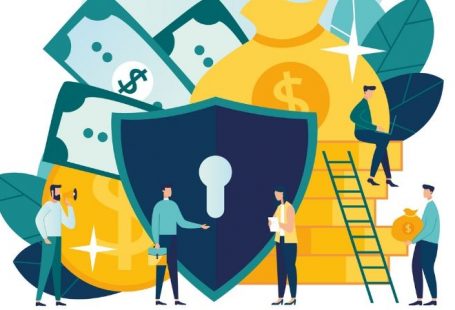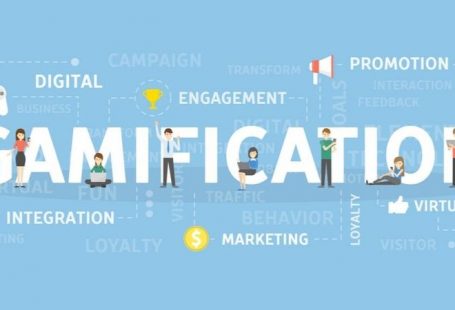The Blockchain is a shared information technology formed by a database distributed in decentralized storage nodes that communicate with each other by means of a protocol of encrypted data.
All the data operations on the database generate unchangeable records called “tokens”, which are stored in a chain of blocks, impossible to violate, erase or modify, as this would mean to have access to each node of the chain.
To put it simpler: the Blockchain is a safety mechanism for shared information (though encrypted) with many practical applications, hacker- and fool-proof (so far).
What is blockchain for?
Blockchain technology has many and varied applications. The most relevant one, historically, was the technological support provided by Bitcoin, the first only digital coin, not issued by any bank, which was used for safe operations on the internet, with no agents or middlemen.
Later, companies noticed that Blockchain is also a safe and efficient way of making any sort of information exchange. Example of its many applications:
- Banking: Blockchain increases safety and promptness of homebanking operations.
- Policies: With Blockchain technology, in theory it is possible to handle fraud-proof elections, and in some first-world countries its use is already being considered to reduce their corruption rates.
- Communication and safety of information: The transfer of data through chains of blocks keeps the information private and encrypted. This application is helpful for industries such as health insurance, legal services and digital security, for example.
- Commercial: Any type of digital operation or contract can be done openly, with no need for auditing firms, banks or other electronic platforms.
- Cryptocurrency: All cryptocurrencies at present operate with the support of Blockchain technology.
Actually, some specialists state that in a few years time, blockchain technology will be, together with the internet boom and the Big Data, at a worldwide scale, our main way of sharing information, doing bank transfers and outlining contracts of any type between private persons.
See more in: What is Big Data?
Types of blockchains
There are three types:
- Public blockchains: like the one that supports Bitcoin,
- Private blockchains: which can only be accessed by some people with a special license, as in the case of corporate databases, and
- Mixed or hybrid blockchains: containing public and private information.
As Blockchain is a specific way of accommodating information –and not a license, basically any business or person might create their own system or join an existing one.
You may also be interested in: What Is Open Source?
To learn more about Blockchain
Understanding how Blockchain technology works and how you could make the most of it in your own business can lead you one step ahead of your competitors. That is why we’ve selected the following resources to help you go deeper into the topic:
- What Is Blockchain Technology? How Does Blockchain Work? – by Built In
- 30+ Real Examples Of Blockchain Technology In Practice – by Forbes
- The Blockchain CIO- Ultimate Blockchain Executive’s Guide – by 101 Blockchains
- How to Build a Blockchain Application with Python – by U Today
- 17 Blockchain Applications That Are Transforming Society – by Block Geeks
- What is Bitcoin? The Ultimate Guide for Beginners – by BlockOnomi
Do you need help with Blockchain technology?
At Workana, you’ll find specialists in Blockchain technology, who will provide the best advice on the uses you can give to it and help you implement it safely.
What is Workana?
We invite you to know Workana, the leading freelance marketplace. We’ve been working since 2012 to keep connecting companies and entrepreneurs with remote workers of the most diverse specialty areas.






